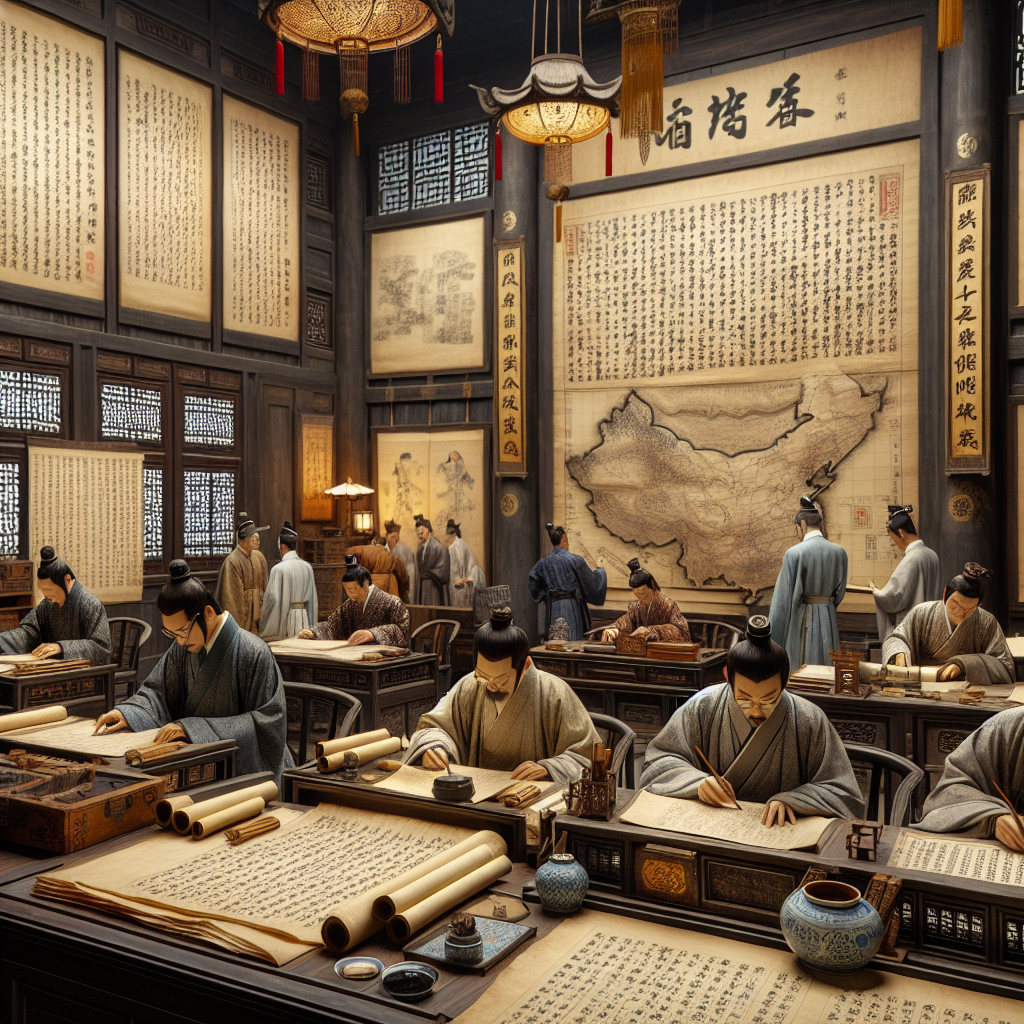China's Economic Strategy: Plenum Highlights Complex Contradictions
Chinese officials acknowledged complex contradictions in their economic goals following a key Communist Party meeting led by President Xi Jinping. The meeting re-emphasized targets such as modernizing the industrial complex, expanding domestic demand, and stimulating growth while managing debt risks. However, no details were provided on reconciling these conflicting goals.

Chinese officials admitted on Friday that the list of economic goals emphasized at a recent Communist Party meeting contained many complex contradictions, signaling a challenging path for policy implementation. This declaration followed a four-day, closed-door meeting led by President Xi Jinping, which occurs approximately every five years. During the meeting, officials made several pledges, including modernizing the industrial complex, expanding domestic demand, stimulating growth, and curbing debt risks.
The meeting summary, known as the plenum, lacked specifics on how Beijing intends to resolve these conflicts, such as boosting consumer spending while prioritizing resources for producers and infrastructure. 'Pushing forward Chinese-style modernization faces many complex conflicts and problems, and we must overcome multiple difficulties and obstructions,' stated Tang Fangyu, deputy director of the policy research office of the Party's central committee, on Friday as committee members addressed the media.
For decades, Chinese policy efforts have grappled with these contradictions while aiming to increase manufacturing value added, enhance social security, liberalize land use, and improve local government tax revenues. However, making tough choices is increasingly urgent as the world's second-largest economy faces several challenges, including weak domestic demand, deflation risks, a relentless property sector downturn, a debt crisis in some cities, and higher tariffs on Chinese goods from key trade partners.
China's economy grew slower than expected in the second quarter, relying heavily on industrial output and external demand but showing persistent domestic weakness. Some analysts were disappointed by the plenum's outcomes, which seemed to follow China's existing playbook. 'Nothing new under the sun: the same industrial policies, the same sense of things,' commented Alicia Garcia Herrero, chief economist Asia-Pacific at Natixis. 'Really no change in direction, no consumption-led growth, nothing. No sentence on the power of market forces, nothing. So, it's really disappointing.'
(With inputs from agencies.)










